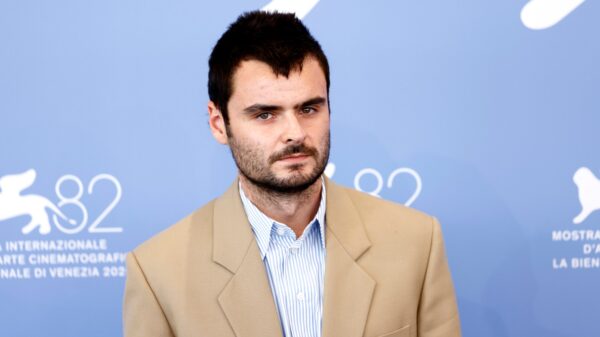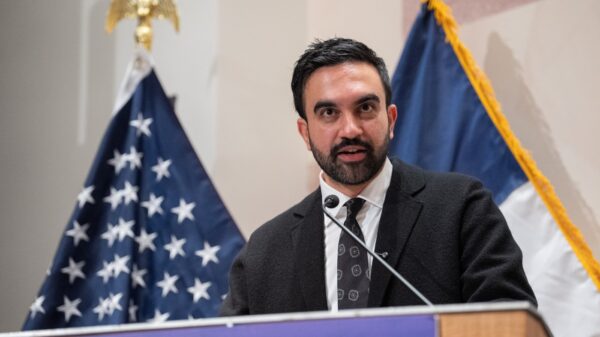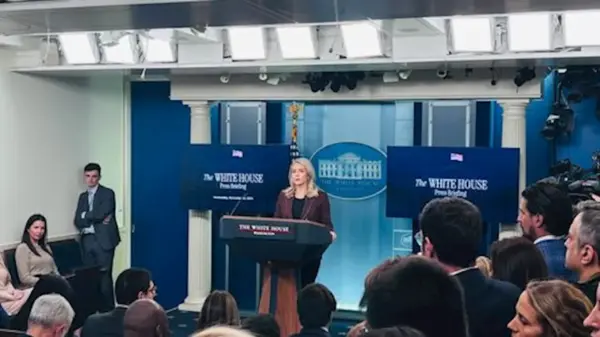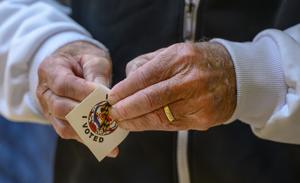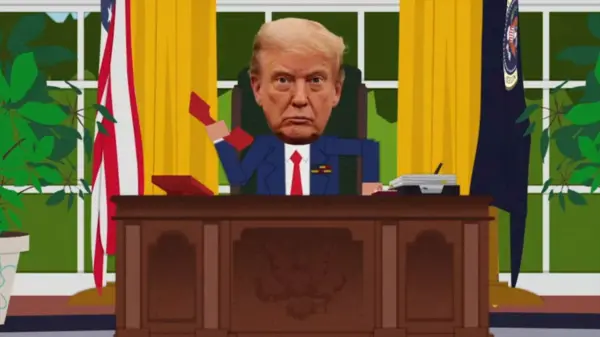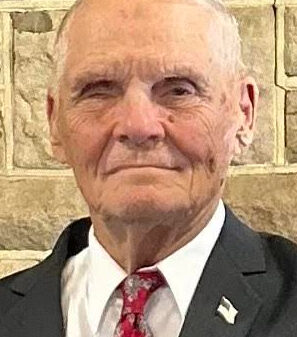Lawyers representing former FBI Director James Comey and New York Attorney General Letitia James are set to present arguments in a federal court in Alexandria, Virginia on Thursday, seeking to dismiss the legal charges against their clients. They contend that the prosecutor responsible for their indictments, Lindsey Halligan, was improperly appointed to her position.
The case centers around the constitutional and statutory framework governing the appointment of U.S. attorneys, who serve as top federal prosecutors across the country. Typically, these positions are filled through presidential nominations followed by Senate confirmations. While an attorney general has the authority to appoint an interim U.S. attorney for a maximum of 120 days, the law stipulates that judicial authority takes precedence regarding any subsequent appointments.
During Thursday’s hearing, the defense will argue that the appointment process was circumvented when Halligan was installed after the resignation of then-interim U.S. attorney Erik Siebert in September 2023. Siebert had been under pressure from the Trump administration to pursue charges against Comey and James. Following his resignation, Pam Bondi, the attorney general at the time, appointed Halligan at Trump’s urging, raising questions about the legality of the appointment.
Siebert was initially appointed by Bondi in January 2023, with plans for his nomination to be confirmed by the Senate. After his 120-day interim period, judges in the Eastern District unanimously agreed that he should continue in his role. However, after his departure under political pressure, the Justice Department opted to appoint Halligan without judicial input, a move the defense argues is not supported by law.
While prosecutors maintain that the law does not explicitly prohibit successive interim appointments, they assert that even if Halligan’s appointment were found to be invalid, the appropriate remedy would not be to dismiss the indictments against Comey and James. Comey has pleaded not guilty to charges related to making a false statement and obstructing Congress, while James has also entered a not guilty plea concerning mortgage fraud allegations.
The legal teams for both Comey and James have characterized their prosecutions as politically motivated, alleging that they stem from personal animus from Donald Trump. They argue that the charges should be dismissed on these grounds, presenting a multi-faceted challenge to the legitimacy of the prosecution.
As this legal battle unfolds, it highlights the intricate interplay between law and politics, particularly as it relates to high-profile figures. The outcome of Thursday’s arguments could have significant implications for the cases against Comey and James, as well as for the broader landscape of U.S. legal and political dynamics.








